A. Lawrence (abbott Lawrence) Lowell - The Government of England
Here you can read online A. Lawrence (abbott Lawrence) Lowell - The Government of England full text of the book (entire story) in english for free. Download pdf and epub, get meaning, cover and reviews about this ebook. year: 2004, publisher: Gaunt, genre: Romance novel. Description of the work, (preface) as well as reviews are available. Best literature library LitArk.com created for fans of good reading and offers a wide selection of genres:
Romance novel
Science fiction
Adventure
Detective
Science
History
Home and family
Prose
Art
Politics
Computer
Non-fiction
Religion
Business
Children
Humor
Choose a favorite category and find really read worthwhile books. Enjoy immersion in the world of imagination, feel the emotions of the characters or learn something new for yourself, make an fascinating discovery.
- Book:The Government of England
- Author:
- Publisher:Gaunt
- Genre:
- Year:2004
- Rating:4 / 5
- Favourites:Add to favourites
- Your mark:
- 80
- 1
- 2
- 3
- 4
- 5
The Government of England: summary, description and annotation
We offer to read an annotation, description, summary or preface (depends on what the author of the book "The Government of England" wrote himself). If you haven't found the necessary information about the book — write in the comments, we will try to find it.
The Government of England — read online for free the complete book (whole text) full work
Below is the text of the book, divided by pages. System saving the place of the last page read, allows you to conveniently read the book "The Government of England" online for free, without having to search again every time where you left off. Put a bookmark, and you can go to the page where you finished reading at any time.
Font size:
Interval:
Bookmark:
GOVERNMENT OF ENGLAND
NEW YORK BOSTON CHICAGO
ATLANTA SAN FRANCISCO
LONDON BOMBAY CALCUTTA
MELBOURNE
TORONTO
GOVERNMENT OF ENGLAND
IN HARVARD UNIVERSITY
THE MACMILLAN COMPANY
1908
J. S. Cushing Co.Berwick & Smith Co.
Norwood, Mass., U.S.A.
| VOLUME I |
| PAGE |
| Introductory Note on the Constitution |
| PART I.THE CENTRAL GOVERNMENT |
| CHAPTER I |
| The Crown |
| CHAPTER II |
| The Crown and the Cabinet |
| CHAPTER III |
| The Cabinet and the Ministers |
| CHAPTER IV |
| The Executive Departments |
| CHAPTER V |
| The Treasury |
| CHAPTER VI |
| Miscellaneous Offices |
| CHAPTER VII |
| The Permanent Civil Service |
| CHAPTER VIII |
| The Ministers and the Civil Service |
| CHAPTER IX |
| The House of CommonsConstituencies and Voters |
| CHAPTER X |
| The House of CommonsElectoral Procedure |
| CHAPTER XI |
| The House of CommonsDisqualifications, Privilege, Sessions |
| CHAPTER XII |
| Procedure in the House of CommonsThe House, its Rules and Officers |
| CHAPTER XIII |
| Procedure in the House of CommonsCommittees and Public Bills |
| CHAPTER XIV |
Font size:
Interval:
Bookmark:
Similar books «The Government of England»
Look at similar books to The Government of England. We have selected literature similar in name and meaning in the hope of providing readers with more options to find new, interesting, not yet read works.
Discussion, reviews of the book The Government of England and just readers' own opinions. Leave your comments, write what you think about the work, its meaning or the main characters. Specify what exactly you liked and what you didn't like, and why you think so.

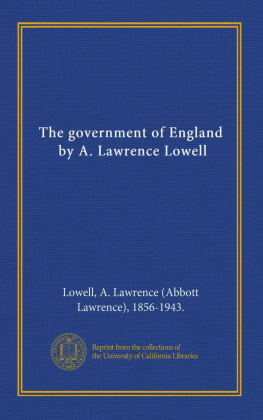



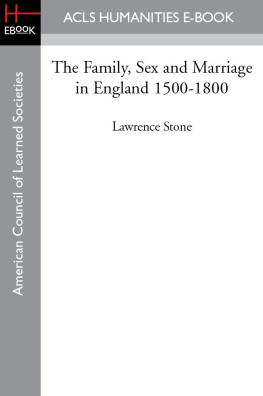
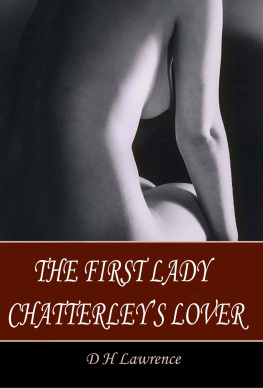
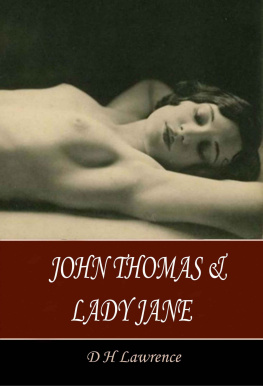

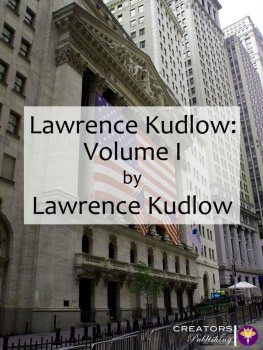
![D. H. Lawrence [Lawrence - Sons and Lovers [Annotated Version]](/uploads/posts/book/61295/thumbs/d-h-lawrence-lawrence-sons-and-lovers.jpg)